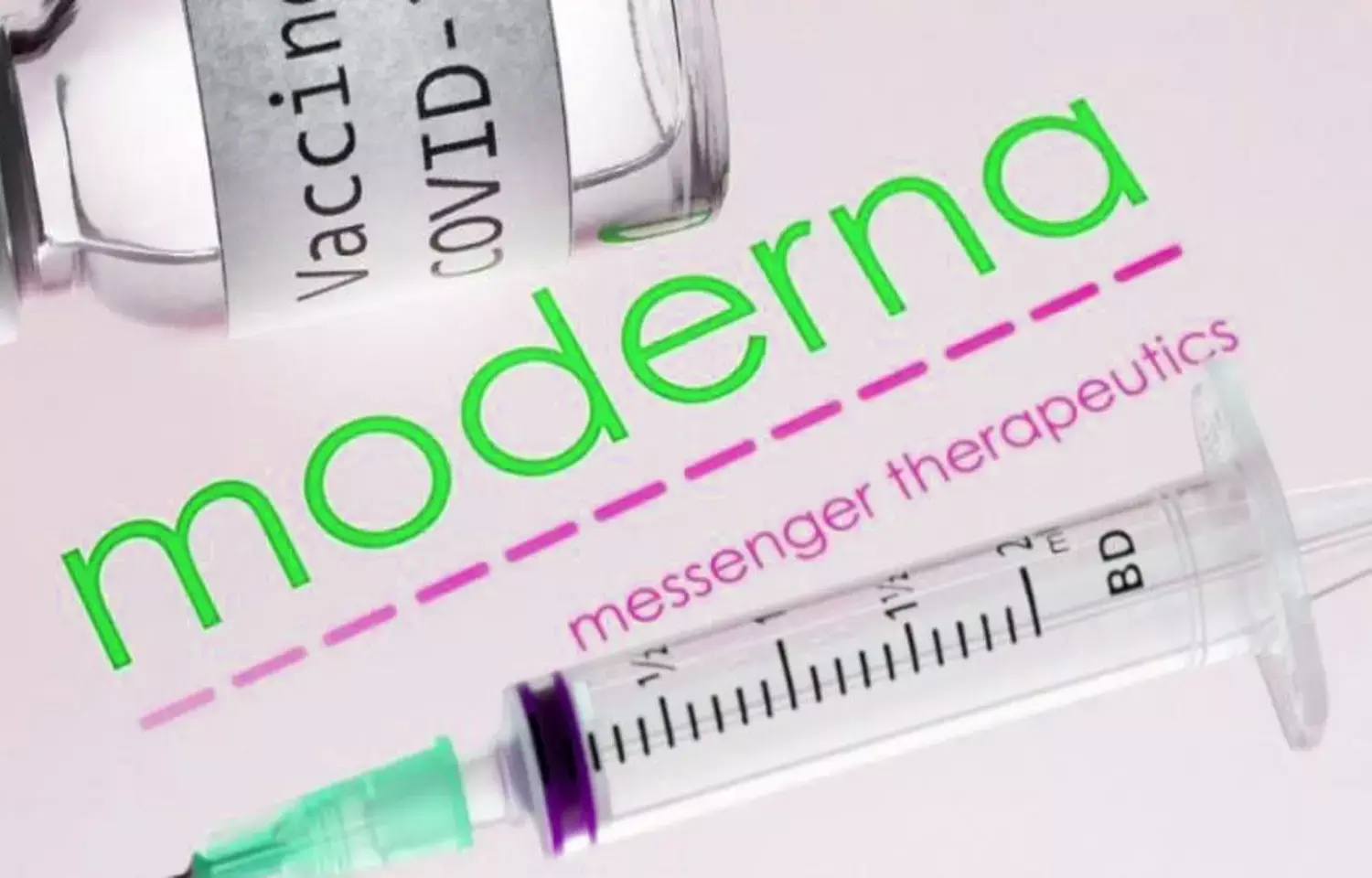- Home
- Medical news & Guidelines
- Anesthesiology
- Cardiology and CTVS
- Critical Care
- Dentistry
- Dermatology
- Diabetes and Endocrinology
- ENT
- Gastroenterology
- Medicine
- Nephrology
- Neurology
- Obstretics-Gynaecology
- Oncology
- Ophthalmology
- Orthopaedics
- Pediatrics-Neonatology
- Psychiatry
- Pulmonology
- Radiology
- Surgery
- Urology
- Laboratory Medicine
- Diet
- Nursing
- Paramedical
- Physiotherapy
- Health news
- Fact Check
- Bone Health Fact Check
- Brain Health Fact Check
- Cancer Related Fact Check
- Child Care Fact Check
- Dental and oral health fact check
- Diabetes and metabolic health fact check
- Diet and Nutrition Fact Check
- Eye and ENT Care Fact Check
- Fitness fact check
- Gut health fact check
- Heart health fact check
- Kidney health fact check
- Medical education fact check
- Men's health fact check
- Respiratory fact check
- Skin and hair care fact check
- Vaccine and Immunization fact check
- Women's health fact check
- AYUSH
- State News
- Andaman and Nicobar Islands
- Andhra Pradesh
- Arunachal Pradesh
- Assam
- Bihar
- Chandigarh
- Chattisgarh
- Dadra and Nagar Haveli
- Daman and Diu
- Delhi
- Goa
- Gujarat
- Haryana
- Himachal Pradesh
- Jammu & Kashmir
- Jharkhand
- Karnataka
- Kerala
- Ladakh
- Lakshadweep
- Madhya Pradesh
- Maharashtra
- Manipur
- Meghalaya
- Mizoram
- Nagaland
- Odisha
- Puducherry
- Punjab
- Rajasthan
- Sikkim
- Tamil Nadu
- Telangana
- Tripura
- Uttar Pradesh
- Uttrakhand
- West Bengal
- Medical Education
- Industry
UK first to approve Omicron COVID vaccine with Moderna approval

The MHRA's Moderna decision was based on clinical trial data that showed the booster triggered "a strong immune response" against both Omicron (BA.1) and the original virus, it said.
UK first to approve Omicron COVID vaccine with Moderna approval
London: Britain, the first country to approve a coronavirus vaccine in late 2020, has now also given the first green light to a variant-adapted shot that targets both the original and Omicron version of the virus.
The UK medicines regulator (MHRA) gave the so-called bivalent vaccine made by U.S. drug company Moderna conditional approval as a booster for adults on Monday.
Later on Monday, the UK's Joint Committee on Vaccination and Immunisation (JCVI) backed the use of the variant-adapted shot in the country's booster campaign starting September.
The MHRA's Moderna decision was based on clinical trial data that showed the booster triggered "a strong immune response" against both Omicron (BA.1) and the original virus, it said.
Moderna in June said trial data showed that when given as a fourth dose, the variant-adapted shot raised virus-neutralizing antibodies by eight-fold against Omicron.
The MHRA also cited an exploratory analysis in which the shot was found to generate a "good immune response" against the currently dominant Omicron offshoots BA.4 and BA.5.
According to Moderna, trial data showed its variant-adapted booster generated virus-neutralizing antibody levels against the subvariants that were 1.69 times higher than those given the original booster.
However, the correlation between neutralizing antibody levels and vaccine effectiveness against disease - in particular severe disease - remains unclear.
No serious safety concerns were identified with the new Moderna formulation, the MHRA added on Monday.
While existing COVID-19 vaccines continue to provide good protection against hospitalisation and death, vaccine effectiveness has taken a hit as the virus has evolved.
"What this bivalent vaccine gives us is a sharpened tool in our armoury to help protect us against this disease as the virus continues to evolve," MHRA Chief Executive June Raine said in a statement.
However, the virus is unlikely to stand still and Omicron-targeted immunity might push the virus down other evolutionary paths, added Jonathan Ball, professor of molecular virology at the University of Nottingham.
"In which case we will be like the Red Queen in Alice and the Looking Glass - having to keep running just to stay in the same place."
FURTHER APPROVALS
European Medicines Agency (EMA) officials expect COVID variant-adapted vaccines to be approved in the European Union by September, and have signalled the regulator is open to using shots targeting the older BA.1 variant this autumn, given those specifically targeting newer subvariants are further behind in clinical development.
In contrast, the U.S. Food and Drug Administration (FDA) has said it will seek the specific inclusion of the newer BA.4 and BA.5 offshoots of Omicron in any new shots used domestically.
On Monday, the chief of Serum Institute of India - which produces AstraZeneca's COVID-19 vaccine under the brand name Covishield - said he expected an Omicron-specific vaccine in the country in six months, NDTV reported.
Moderna, which signed a 1 billion pound ($1.2 billion) deal with the British government to build the country's first mRNA vaccine facility earlier this year, on Monday said it expected further approvals for the adapted vaccine in Australia, Canada, and the EU in the coming weeks.
Pfizer Inc and BioNTech have also been testing versions of their mRNA vaccine modified to combat Omicron variants.
Ruchika Sharma joined Medical Dialogue as an Correspondent for the Business Section in 2019. She covers all the updates in the Pharmaceutical field, Policy, Insurance, Business Healthcare, Medical News, Health News, Pharma News, Healthcare and Investment. She has completed her B.Com from Delhi University and then pursued postgraduation in M.Com. She can be contacted at editorial@medicaldialogues.in Contact no. 011-43720751
Next Story


